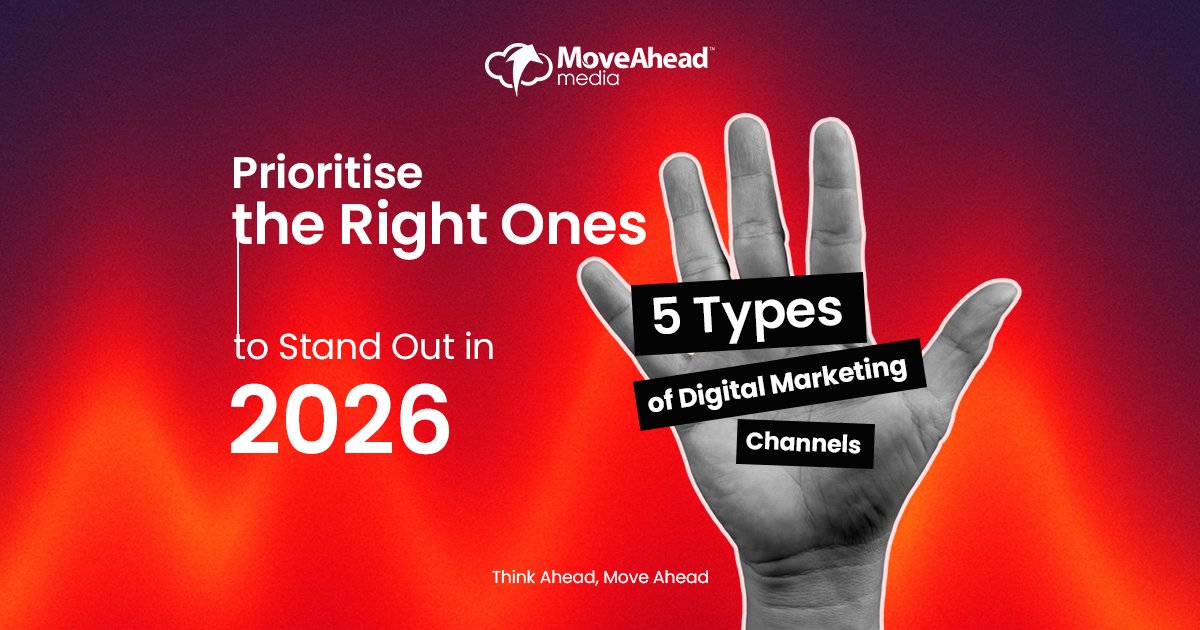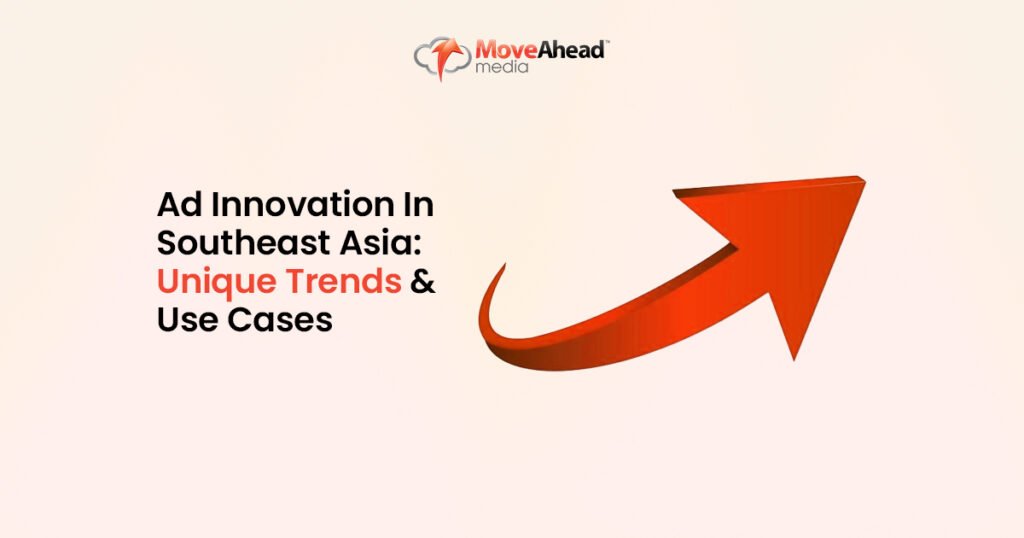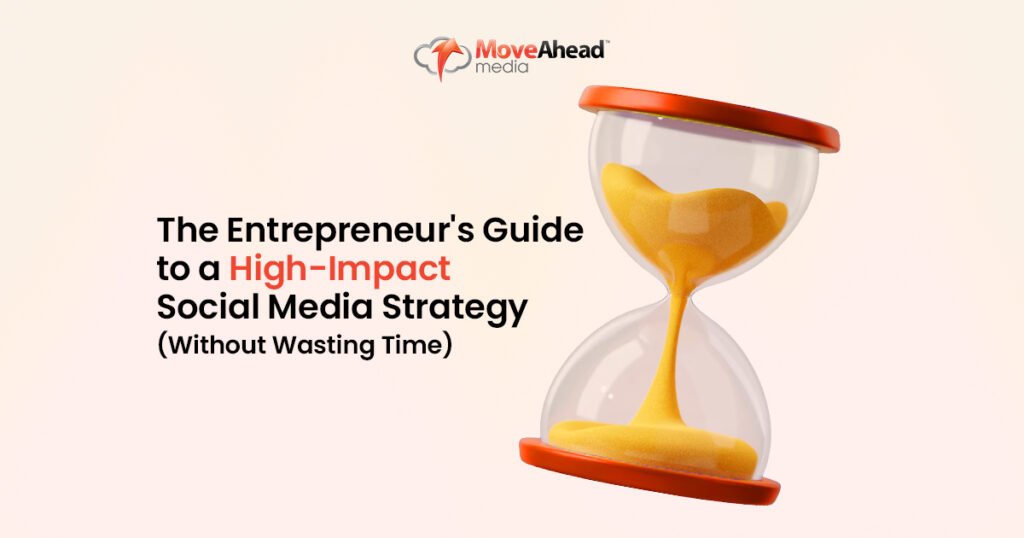Do you ever feel like you’re shouting into the digital void? You’ve got a pretty cool product and a slick website, but the only traffic you’re getting is from your mum (thanks, Mum).
It stings. All that hustle, the late nights spent learning how to optimise your ads, the constant pressure to post something. We see your marketing efforts. But let’s be honest, we aren’t the ones you’re trying to impress.
The truth is, you can follow the viral crowd down to the last hashtag and still not ride into the sunset. It’s not that those strategies don’t work; it’s that they aren’t working for your business. There’s a difference.
The internet is a noisy place. You can’t just sling your ideas online and pray for a hit (If it were that easy, we’d be out of business!) Prioritising the right type of digital marketing channel isn’t just a good idea; it’s the magic that gets your brand in front of people who actually want to listen.
Types of Digital Marketing Channels
The problem with digital marketing isn’t a lack of options; it’s that there are too many!
Most businesses fall into two categories. There are those resistant to change, too hesitant to make a move. Then there are the adventurers, hopping on every trend and launching initiatives left, right, and centre without a single strategic thought.
Here’s the irony, though. Both often end up in the same place: burnt out with a wasted budget. We don’t want that to be you.
So, let’s break down the different types of digital marketing channels to make sure you don’t fall into that category.
Content Marketing
We’ll just come out and say it: “Content is king” is one of the most overused phrases in marketing. But here’s the catch: it’s still true. Think about it. When was the last time you trusted a brand that was totally silent online? Yeah… we hear the silence. That active effort to connect – from blog posts and case studies to video marketing strategies – is content marketing. And the proof is in the research: a massive 87% of marketers use it to boost brand awareness. You just can’t argue with numbers like that.
Social Media Marketing
Have you ever insisted that your grandma create a Facebook account to reconnect with her school friends? Or showed your parents a trendy product on TikTok? You know the meme – squinting eyes, glasses firmly on their head. It’s official: social media isn’t just for the cool kids anymore. It’s for everyone. So if your business isn’t investing in social media marketing to interact with your customers, it might be time.
Search Engine Optimisation (SEO)
Of course, we can’t talk marketing without mentioning the epic battle for Google’s top spot. SEO is that strategic campaign where every business is fighting to make it to page one. Think of keywords, website optimisation, and backlinks as powerful allies. A superb SEO strategy can undoubtedly give your business that competitive edge you’re looking for.
Email Marketing
Social media is the life of the party. It’s loud, outgoing, and crowded. Email marketing? That’s where intentional and meaningful conversations happen. These people WANT to hear from you. You’re not competing for the algorithms. You don’t have to follow the trends. This is where your brand voice can really shine beyond the gimmicks and competition.
Paid Ads
We’ll tell you the truth: SEO is powerful, but it’s a long game. A slow climb with no VIP passes. Paid ads are the shortcut, helping you skip the line and get your message in front of your customer’s social feed – today. With laser-focused targeting, you can cherry-pick your audience, from their location right down to their love of pilates, matcha, and a perfect skincare routine. Want to learn how to do this? Our latest blog post breaks down the nitty-gritty details of running a successful ad campaign in 2026.
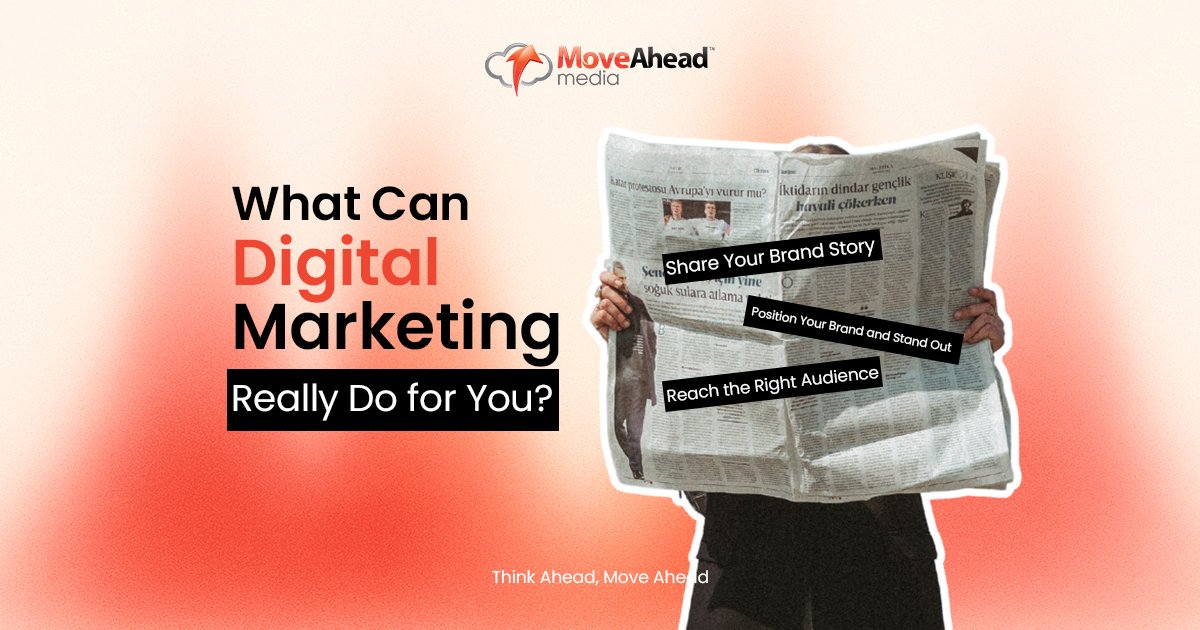
What Can Digital Marketing Really Do for You?
It’s natural to look to others who are doing it better than you for the ‘best digital marketing strategy’. But we’re going to be a buzzkill and tell you straight up that it doesn’t exist.
Your company’s goals, customer journey, and resources are unique, which means your strategy must be, too. Now that we’ve addressed the elephant in the room, let’s get into the real reasons to invest in digital marketing. Sure, boosting your web traffic and climbing the Google ranks are great goals. But today, that’s just the tip of the iceberg. The real win isn’t just getting found; It’s becoming the brand that people come back to, time and again.
Listed below are some key advantages digital marketing can give your business:
Share Your Brand Story
We’re sure you know by now that people don’t just buy products anymore; they buy into stories. Take a moment to think about it. The most memorable brands are ones that have meaningful stories to tell. So if your entire strategy is just shouting ‘Buy Now!’, we hate to break it to you, but that’s not going to cut it. You need to create a story people want to be a part of.
Position Your Brand and Stand Out
The internet is fierce competition. If you try to be for everyone, you’ll end up being for no one. Yes, it’s a cliché, but for a good reason. Positioning is about having a consistent voice, and that means you have to make a choice. Are you a sharp, goal-oriented espresso or a warm, comforting latte? These nuances are everything. Get them right, and you become the only choice for your ideal customer.
Reach the Right Audience
Hands down, the biggest weapon in the digital marketing arsenal is its unmatched capacity for precision targeting. Imagine showing your ad only to people who live in your city, are between the ages of 25 and 35, and have recently searched for vegan restaurants. Scratch that – you don’t have to imagine it. You can actually do it. Digital marketing helps you talk to the people who are already listening and eliminates the unnecessary chatter from the rest.
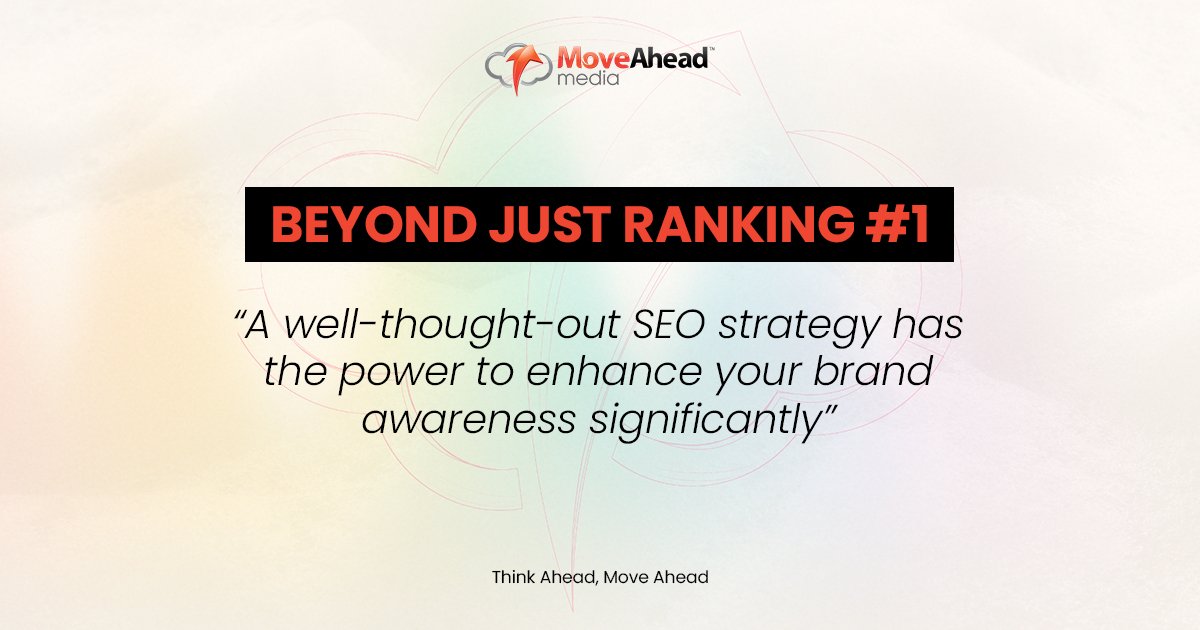
What’s The Right Marketing Channel for Your Business?
Alright, let’s move past the glossary of terms. The real work starts now: picking what actually works for you.
Because let’s be honest, trying to be everywhere is the fastest way to get nowhere. Every channel has its advantages, but they’re not all created equal. What it really comes down to is your business and target audience.
Let’s use a physio clinic as an example. Your back is killing you, or your knee feels a bit dodgy (thanks, 40s). You’re not scrolling Instagram for fun anymore; you’re grabbing your phone and actively searching for ‘back pain remedies’ or ‘physio clinics near me.’
For a physiotherapy clinic that does just that, a powerful SEO strategy is the first thing you need. As our in-house SEO specialist, JP, adds, it’s about more than just the top spot: “Beyond just ranking #1, a well-thought-out SEO strategy has the power to enhance your brand awareness significantly”.
But what if the goal is different? If that same physio clinic is looking to reach a larger audience, that’s where social media comes in. This type of digital marketing channel is approachable, friendly, and a great way to build trust and relationships with your audience. Of course, it only works if you do more than just show up and shout about discounts. Our PPC Specialist, Lee, explains: “A mistake we see small businesses make is posting only promotions or hard-sell content. Social media isn’t just for selling, it’s for building trust, telling a story, and engaging with people.”
Notice the difference in objectives here?
The bottom line is this: to decide which channel is right for your business, you need to align your business objectives with your audience’s behaviour.
Beyond the Channels: The Role of Your Website & Creatives
Still with us? Good. We’ve talked about paid ads, SEO, and social media marketing, but all these paths lead to one road: Your website – the foundation to all of your marketing efforts. This is the central place where you control the entire narrative.
What Makes a Great Website?
Think of the last time a website made you give up and shut your browser altogether. Maybe it took forever to load, the design was a mess, or you couldn’t find what you were looking for. That immediate feeling of frustration is the makings of a bad website. Consider it lesson one in Losing Customers 101. A great website does the exact opposite. It works so effortlessly, you don’t even notice it. It’s fast and intuitive, making it easy for users to become loyal customers.
Creativity: The Formula That Makes It All Work
We’re not saying we saved the best for last… but we sort of did. We’re talking about creativity – the formula that makes all the other strategies work. It’s the sharp copywriting that makes you chuckle, the striking graphic design that makes you look twice, and the seamless user experience. You could have devised the most brilliant strategy, but without a good dose of creativity, it’s not going to convince anyone. (And now you know!)
What Should You Choose for Your Business in 2026?
In a perfect world, we’d have enough time to commit to every single marketing channel possible. But for a small business starting out, the reality is that you have to prioritise.
While no one denies the benefits of paid ads or search engine optimisation, these channels require time and resources you might not have yet.
The best way to choose the right digital marketing channel in 2026 is to know your audience. Once you understand their behaviour and interests, the decision becomes crystal clear.
Before you start whipping up your omnichannel marketing strategy, remember this: a great website is the engine behind all of your success. As our SEO Specialist, JP, puts it, “For those who don’t have the resources for a team, focus on your website’s accessibility, on-page SEO, and content to ensure Google can access and index your site. That’s the foundation for everything.”
Start there. Get your website right, and you’ll be ready to take on any channel you choose.
Ready to discover the right digital marketing channel for your business? Download our quiz today!

FAQs
How often should I review and adjust my digital marketing channel strategy?
A: Your strategic review should happen on three key levels:
- Monthly: Get into the details. Dive into the data, tweak your campaigns, and adapt to current trends.
- Quarterly: Zoom out for a tactical overview. Look for patterns, analyse your budget’s impact, and explore new opportunities.
- Annually: Set the grand vision. Celebrate the year’s wins, learn from the mistakes, and establish a new plan for what’s next.
During your review process, you should be open to adapting and responding to changes. We get it, routines are comfortable. But comfort doesn’t drive growth. The most important part of your digital marketing plan is being ready to evolve with it.
What are some common mistakes to avoid when using these digital marketing channels?
A: Let’s save you from two expensive headaches. The biggest mistake many businesses make is marketing without a strategy – that’s just throwing away your budget and hoping something works (the blind leading the blind). The second mistake is trying to talk to everyone. Here’s an unwritten rule to live by: When your target is “anybody,” you end up connecting with nobody.
How does content marketing fit in with the other four channels?
A: Content marketing is the core of all your channels. It’s the actual words in your social posts, the articles for your SEO, and the message inside your emails. Without solid content, your other marketing channels are just empty canvases. It’s what gives your brand a personality and proves you’re an expert worth listening to and buying from.

